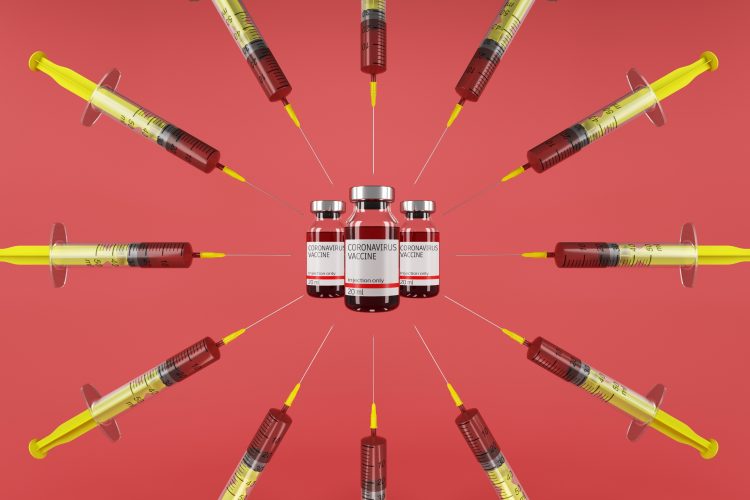EMA commissions research in preparation for monitoring COVID-19 vaccines
Posted: 27 May 2020 | Hannah Balfour (European Pharmaceutical Review) | No comments yet
The research will identify sources of data to monitor coverage and effectiveness, and support pharmacovigilance of COVID-19 vaccines once they are approved.


The European Medicines Agency (EMA) has commissioned research to support the monitoring of COVID-19 vaccines once they have been authorised for use in the European Union (EU).
The Agency has signed a contract with Utrecht University, Netherlands, which will act as coordinator of the EU Pharmacoepidemiology and Pharmacovigilance Research Network, a public-academic partnership of 22 European research centres, to conduct preparatory research into data sources and methods that can be used to monitor the safety, effectiveness and coverage of COVID-19 vaccines in clinical practice. The ACCESS (vACcine Covid-19 monitoring readinESS) project will be led by the University Medical Center Utrecht (UMCU) and Utrecht University.
For a COVID-19 vaccine to be authorised, the EMA has to have strong evidence from clinical trials demonstrating its safety, efficacy and quality. The vaccine will then be closely monitored once on the market by the EMA and its Pharmacovigilance Risk Assessment Committee (PRAC), through planned and routine pharmacovigilance activities, including the spontaneous reporting of suspected side effects reported through Eudravigilance, the European database of suspected adverse reactions to medicines.
The infrastructure provided by Utrecht University will provide additional information from clinical practice to complement the data used to approve the drug and that is provided during pharmacovigilance activities.
The commissioned research will, according to the agency, identify a Europe-wide network of data sources – including health insurance records, General Practice (GP) and hospital health records – and examine whether they could be used to monitor the coverage, safety and effectiveness of COVID-19 vaccines. The research will also identify any adverse reactions that may be of interest for future monitoring.
First deliverables of the commissioned research are planned for August 2020 with a final delivery by the end of the year.
Related topics
Drug Safety, QA/QC, Regulation & Legislation, Research & Development (R&D), Vaccines, Viruses
Related organisations
EMA Pharmacovigilance Risk Assessment Committee (PRAC), EU Pharmacoepidemiology and Pharmacovigilance Research Network, European Medicines Agency (EMA), University Medical Center (UMC) Utrecht, Utrecht University









